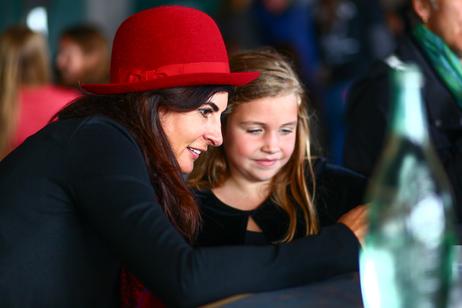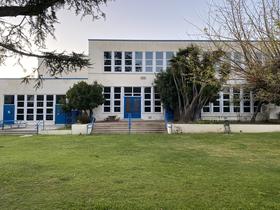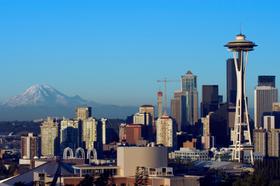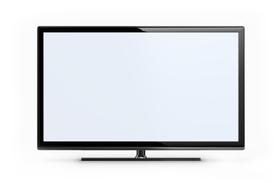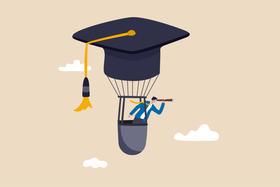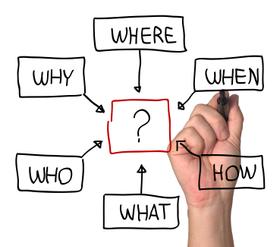As a nation, we spend billions on K-12 educational technology So, the question about whether all this spending is improving outcomes is a fair one. Has technology, in fact, improved educational outcomes?
Pros
Technology has freed up administrative time.
Electronic grade books save time for teachers. Computerized tests and quizzes save more time. The software which allows students to master skills in maths, sciences, and languages are huge time savers. Email and blogs make communications with parents and administration instantaneous and very efficient. And the tools just keep getting better and better. The less time a teacher has to spend on administrative tasks, the more time she theoretically can spend on lesson preparation and other purely teaching-related tasks.
Technology has opened new worlds.
iPads and wireless networks have liberated teaching. We can teach anywhere, at any time. That flexibility is what makes teaching exciting and relevant. Decades ago, you livened up your class by taking them outside on a beautiful day to sit under a tree and teach your lesson. The lesson was usually successful because you had your students' undivided attention. You piqued their interest with the change of venue. Exposing young people to the world around them locally, nationally, and abroad is an essential part of a teacher's job.
Technology performs that function instantly and without creating logistics issues like taking a class outdoors does. Your history lessons come alive as you make


